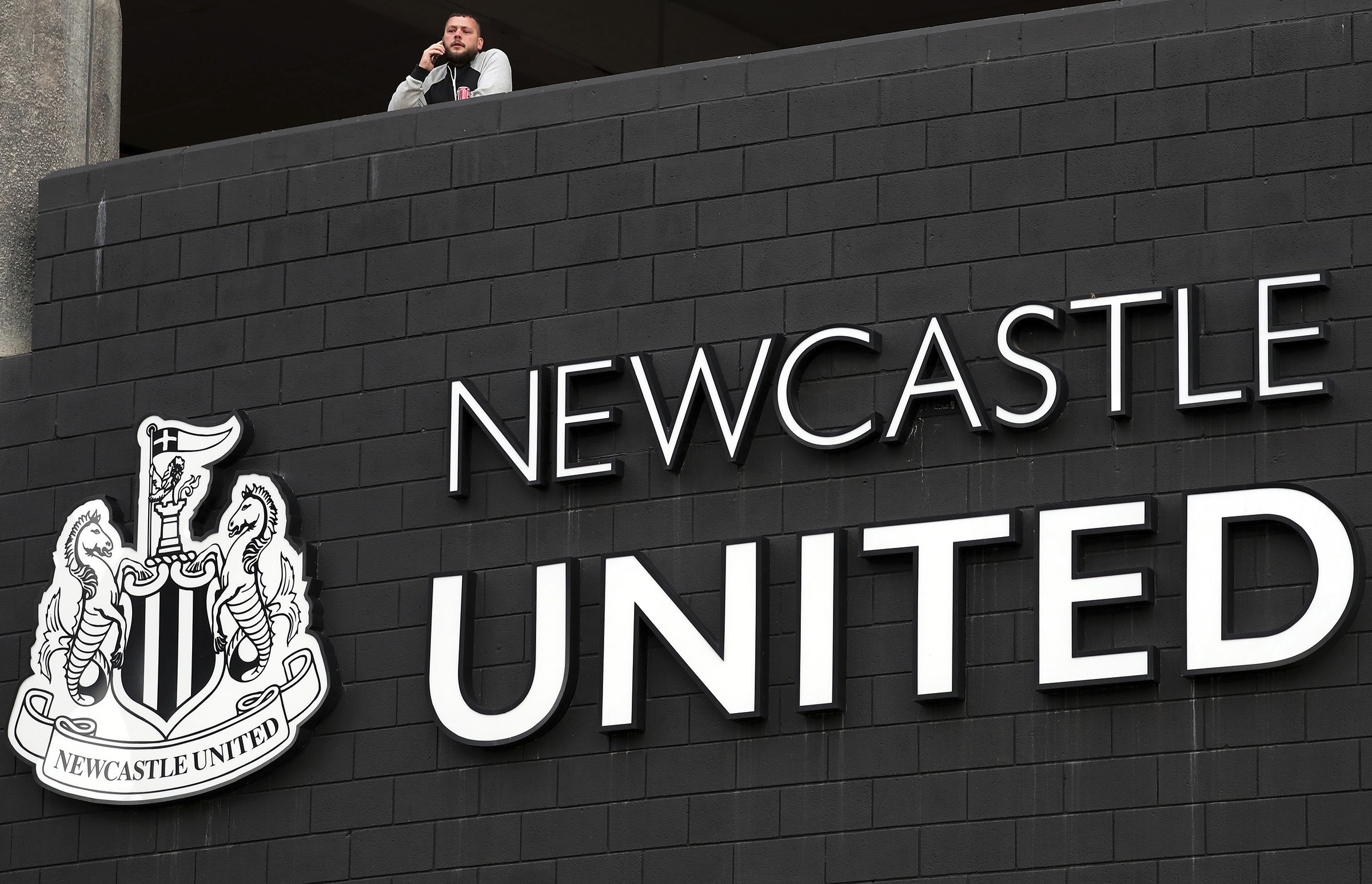
Newcastle United’s PSR-busting player trade policy may backfire once their growing £87 million transfer cost comes into play.

Although the Premier League’s Profit and Sustainability Rules have placed certain restrictions on them, the Magpies have made significant purchases through the Saudi Public Investment Fund in recent years.
The club now appear to be scrambling to get within the three-year allowable loss limit of £105m ahead of PSR deadline day on 30th June, when the assessment window rolls over to the next three-year period.
This has seen Newcastle, as well as a number of other clubs, attempt controversial quasi-swap deals where two players are exchanged for roughly equivalent fees in separate transactions.
Because of the PSR (formerly FFP) accounting rules, both clubs can engineer a situation by which they improve their PSR position immediately by booking a transfer fee, while outgoing fees are amortised over the new signing’s contract length.
Have Newcastle attempted to use ‘swap’ deals to pass PSR?
Until the deal fell through, Everton’s Dominic Calvert-Lewin was set to sign for Newcastle in a deal many suspected was linked to Newcastle starlet Yankuba Minteh heading in the other direction.
Newcastle have also been linked with a player-plus-cash deal for Wolves defender Max Kilman involving academy product Elliot Anderson going the other way.
Because of the way homegrown players are governed under PSR, any fee received for Anderson would be booked as ‘pure profit’, as opposed to a fee offset against a player’s book value.
There is nothing illegal about these deals and there is no suggestion that Newcastle or any other club have broken any rules.
However, BBC Sport are reporting that at least one club is frustrated enough by the accounting sleight of hand that they have raised the matter with the Premier League.
Elsewhere, it has been reported that the Premier League are considering setting up a working group to figure out how to close the loophole.
But any reforms to the system, which would need the backing of two-thirds of Premier League clubs, will certainly not be pushed through before PSR deadline day on 30th June.
Why Newcastle’s PSR plan could backfire
While the quasi-swap deals improve Newcastle’s position in the short term, it is by no means a silver bullet for their PSR problems.
The Magpies’ accounts show that their amortisation (the way transfer fees are presented in accounting terms, split over a player’s contract length) charge stood at £87m in 2022-23.
That figure will likely rise again when the club release their 2023-24 accounts. And any fee paid for a player in a quasi-swap deal would contribute to its inflation.
And the amortisation charge associated with the incoming player in such a deal would affect their PSR headroom immediately as the new assessment window starts on 1st July.
It can be argued that, while Newcastle need to meet the £105m threshold by 30th June to avoid immediate sanctions, they are kicking the can down the road in the long term.

Leave a Reply